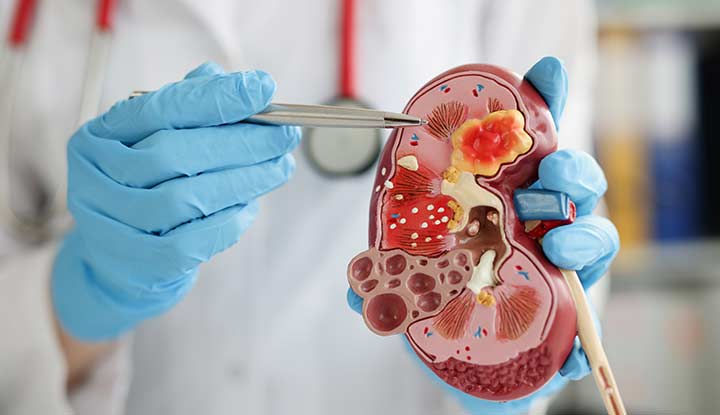High-Risk Pregnancy: What You Need to Know
- Medstar Hospital
- May 21, 2024
- 1 min read

What is a High-Risk Pregnancy?
A pregnancy is considered high-risk when there are potential complications that could affect the mother, the baby, or both. Factors that can make a pregnancy high-risk include pre-existing health conditions, age, lifestyle choices, and complications that arise during pregnancy.
Common Causes of High-Risk Pregnancy
Maternal Age:
Women under 17 or over 35 are at a higher risk of pregnancy complications.
Pre-existing Medical Conditions:
Conditions such as hypertension, diabetes, heart disease, and autoimmune disorders.
Pregnancy-related Issues:
Pre-eclampsia, gestational diabetes, placental abnormalities, and multiple pregnancies (twins or more).
Lifestyle Factors:
Smoking, alcohol use, and drug abuse can contribute to high-risk pregnancies.
Previous Pregnancy Complications:
History of miscarriages, preterm labor, or birth defects.
Managing a High-Risk Pregnancy
Regular Prenatal Care
Medications and Treatments
Lifestyle Adjustments
Stress Management
Rest and Relaxation
When to Seek Immediate Medical Attention
During a high-risk pregnancy, it's crucial to be vigilant about any unusual symptoms. Seek immediate medical attention if you experience:
Severe abdominal pain or cramping.
Heavy bleeding or spotting.
Severe headaches or vision changes.
Sudden swelling of the face, hands, or feet.
Reduced fetal movements.
Conclusion
A high-risk pregnancy can be challenging and stressful, but with the right care and precautions, many women go on to have healthy babies. Regular prenatal care, lifestyle adjustments, and close monitoring by healthcare providers are key to managing a high-risk pregnancy successfully. If you are pregnant or planning to become pregnant and have concerns about potential risks, consult our expertise doctors to develop a comprehensive plan tailored to your needs.









Comments